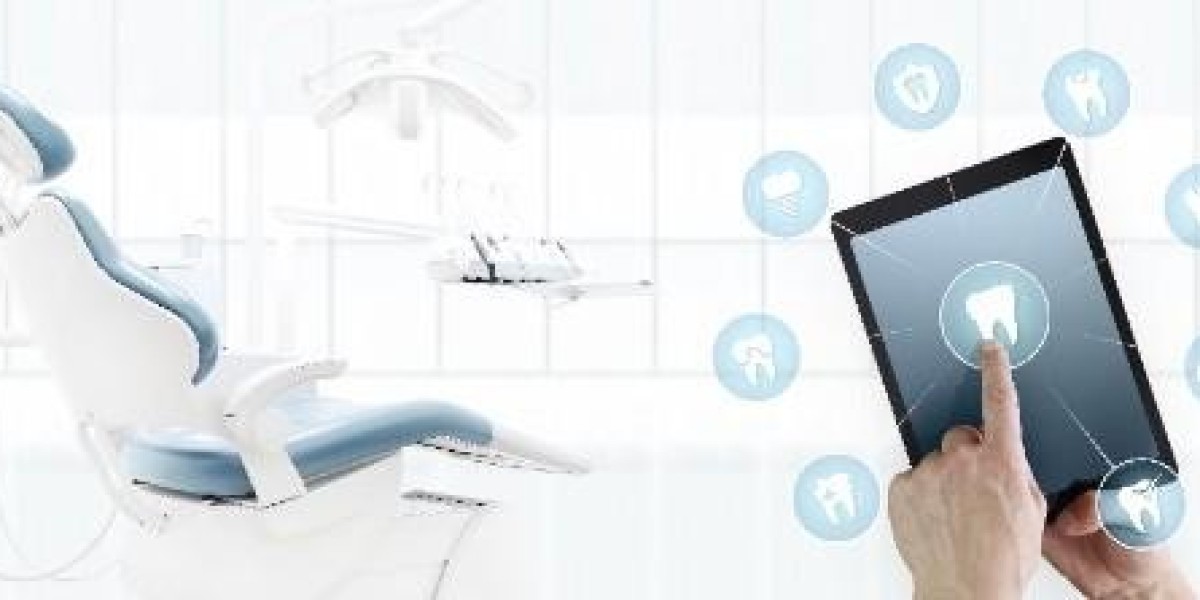There’s nothing quite like dental pain to bring everything to a standstill. Whether it's a cracked tooth, sudden swelling, or a throb that keeps you up at night, when your teeth hurt nothing else matters. At that moment, you're not thinking about long-term treatment plans or future appointments. You're thinking, “How do I stop this now?” But what happens after that first fix? Relief might be the first step, but real dental health comes from lasting solutions. Let’s chat about how to get both.
The Sudden Snap: Understanding Dental Emergencies
What Counts as an Emergency?
When your mouth is screaming for attention, it can be hard to tell what’s urgent and what can wait until Monday. But some dental issues need immediate care. Here’s a quick guide to what should have you dialling your dentist fast:
- Knocked-out tooth – Time is crucial. Re-implantation works best within 30 minutes.
- Cracked or broken teeth – If there's pain or bleeding, get seen as soon as possible.
- Swelling in the face or gums – Could be a sign of infection; don’t ignore it.
- Bleeding that won’t stop – Especially after dental work or trauma.
- Severe, unrelenting toothache – Could be nerve exposure or an abscess.
In these situations, seeing an emergency dentist in Shrewsbury isn't just a good idea, it's essential. Ignoring it can lead to worse pain, more complicated treatment, and even serious health risks.
Pain Doesn’t Book an Appointment
Dental emergencies rarely respect schedules. They happen at night, on weekends, during holidays, whenever it's least convenient. That’s why many practices now offer dedicated emergency appointments, with some keeping time slots open just in case someone comes in needing help urgently. These emergency dentists are trained not just to fix the issue quickly, but to manage pain effectively and begin the process of restoring oral health.
Quick Fixes vs Lasting Solutions
The Danger of Only Dealing With Symptoms
Let’s say you visit a dentist because of a nasty toothache. They clean it out, ease the pressure, and send you on your way with painkillers and a follow-up appointment. Problem solved? Not quite.
Often, emergencies are warning signs of deeper issues, maybe decay that’s reached the nerve, a failing old filling, or gum disease. Treating the symptom without fixing the cause is like bailing water out of a sinking boat. You might feel better, but without real repair, that same tooth might cause you grief again in a few weeks or months.
Building a Healthier Future
The next step is long-term care. And in cases where a tooth is lost or can’t be saved, one of the best long-term solutions is a dental implant Shrewsbury. Implants go beyond just filling a gap; they replace the root of the tooth, anchoring a lifelike crown securely into your jaw.
Compared to bridges or dentures, implants are a game-changer because:
- They feel just like natural teeth.
- They don’t rely on neighbouring teeth for support.
- They prevent jawbone deterioration.
- With good care, they can last 20+ years.
That means no more worrying about shifting teeth, receding gums around gaps, or loose dentures.
From Emergency to Restoration: What the Journey Looks Like
Step 1: Emergency Visit
The first stop is urgent care. Here’s what usually happens:
- Examination to determine the cause of the problem.
- Pain management, which might involve numbing, antibiotics, or temporary fixes.
- Treatment planning, especially if extraction or restoration is needed later.
Many patients report immediate relief after a successful emergency visit. That alone is a huge win. But to stop the problem from returning, your dentist will guide you into the next phase.
Step 2: Review and Rebuild
After the pain has subsided and swelling is under control, it’s time for a full assessment. This might include:
- X-rays to evaluate bone levels and hidden damage.
- Discussion of restoration options, like crowns, bridges, or implants.
- A personal dental plan based on your lifestyle, oral health, and budget.
This is also where a dental implant in Shrewsbury might come into the conversation. If you’ve lost a tooth, an implant can restore both appearance and function far better than a removable denture.
Step 3: Long-Term Prevention
Once the immediate and structural issues are handled, the focus turns to prevention. This might involve:
- Regular hygiene appointments.
- Bite adjustments if grinding or alignment is a factor.
- At-home care improvements like switching toothbrushes or using mouthwash.
This phase is essential because prevention is always cheaper and far more comfortable than emergency care.
Why Where You Go Matters
More Than Just A Chair and Drill
Finding the right emergency dentist in Shrewsbury or implant provider isn’t just about who's closest. It's about who treats your mouth like it matters. Look for:
- Experience in both emergency and restorative dentistry.
- Clear communication, especially around costs and options.
- Availability, including after-hours or weekend appointments.
- Continuity of care, meaning the same team guides you from crisis to complete recovery.
A Note on Dental Implants in Shrewsbury
There’s no shortage of great implant providers in Shrewsbury, and many also double as emergency dentists. That’s ideal, because it means you’re not bouncing from one clinic to another. You get care from people who know your history and your mouth. A dental implant in Shrewsbury placed by someone familiar with your dental background leads to better results and a more personal experience.
Making the Most of Your Visit
What to Do in a Dental Emergency
Here’s a simple checklist to keep handy:
- Stay calm – Anxiety can make pain feel worse.
- Call your dentist immediately – Even outside hours, many have emergency numbers.
- Use cold compresses to reduce swelling.
- Rinse gently with warm salt water if there’s bleeding or irritation.
- Avoid aspirin directly on the gum – It can cause burns.
Knowing what to do can help you act quickly and protect your teeth before you even sit in the chair.
What to Expect with Implants
If you move forward with a dental implant in Shrewsbury, here’s a quick overview of the process:
- Consultation and imaging – Your dentist checks if your jawbone is suitable.
- Surgical placement – The titanium post is inserted into the jaw.
- Healing time – Usually 3–6 months for the bone to fuse with the implant.
- Crown fitting – A custom-made crown is attached to complete your smile.
While it’s a commitment, patients overwhelmingly find it worthwhile.
Why This All Matters
Teeth are more than just tools for eating. They shape your speech, your smile, and your self-confidence. Losing one or even just dealing with severe dental pain can impact your daily life in surprising ways. But the good news is, modern dentistry has the tools not just to rescue you in an emergency, but to rebuild your smile in ways that are better than ever.
Whether you’re in need of an emergency dentist in Shrewsbury or looking for a long-term fix like a dental implant in Shrewsbury, getting the right care at the right time changes everything.
Conclusion
At EDS, your comfort today and your confidence tomorrow are treated with equal care. They understand that when you're in pain, fast relief matters and when that pain is gone, lasting solutions count. From late-night toothaches to permanent replacements, EDS walks with you every step of the way. Because when every tooth matters, so does the care behind it
.







